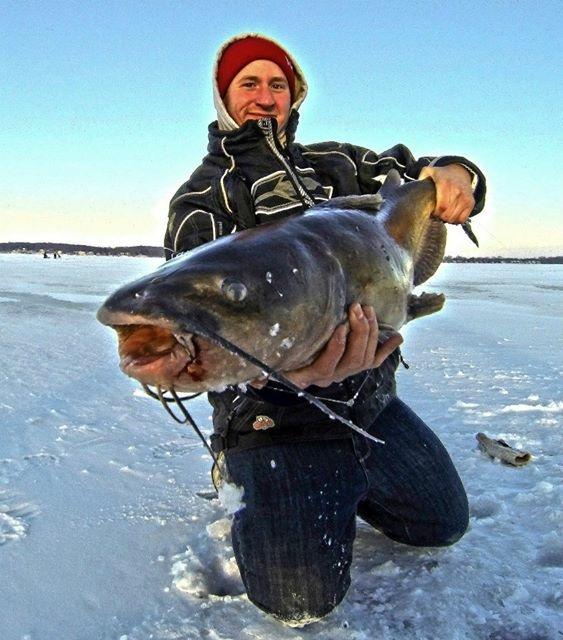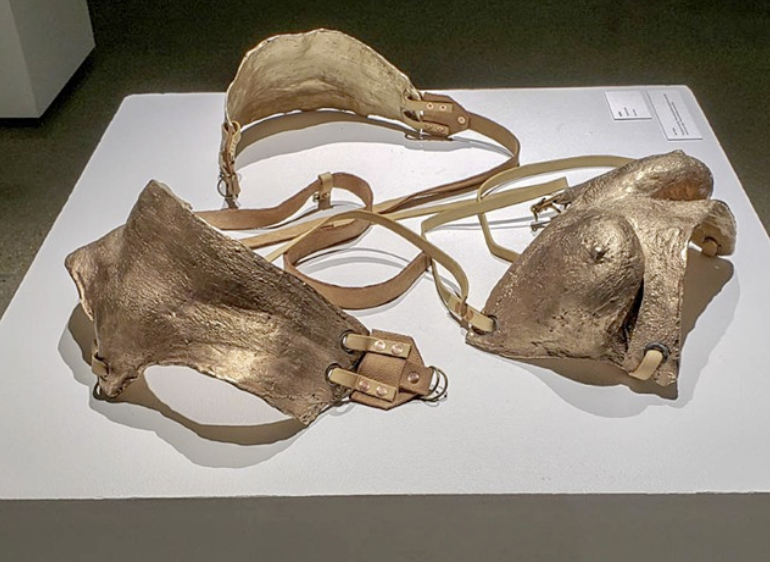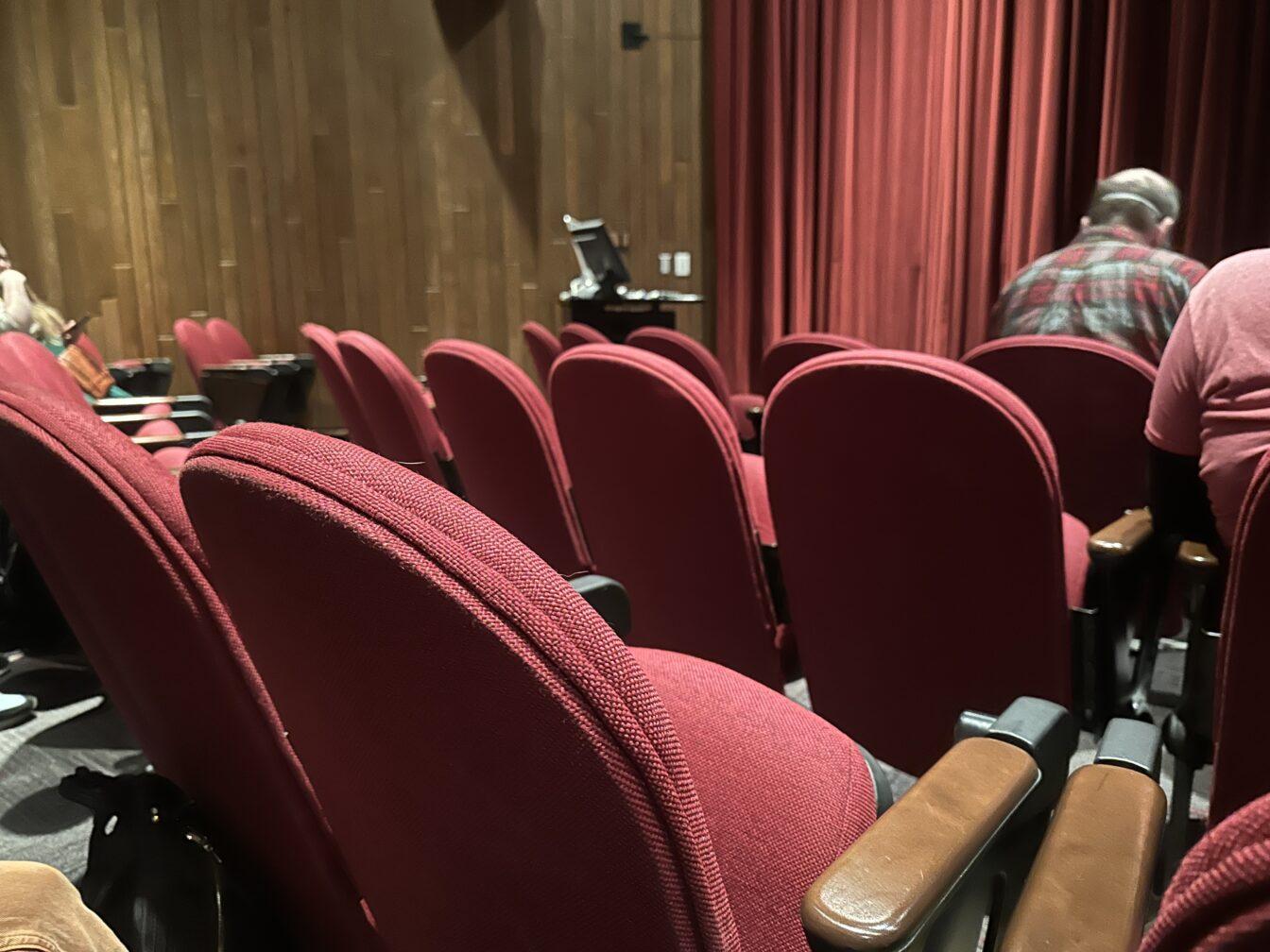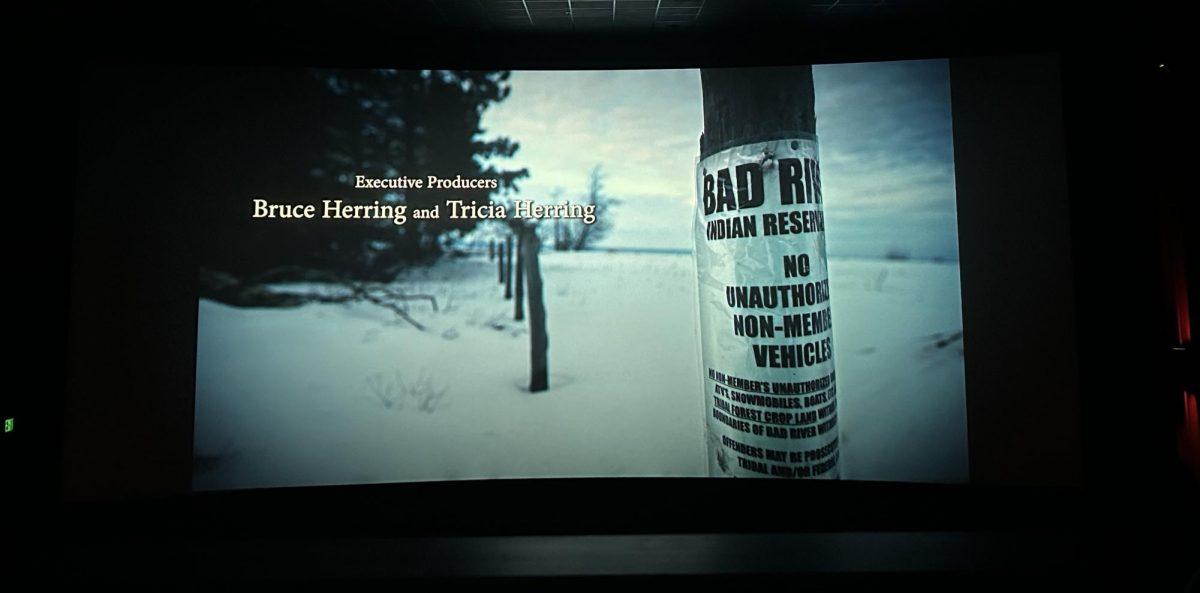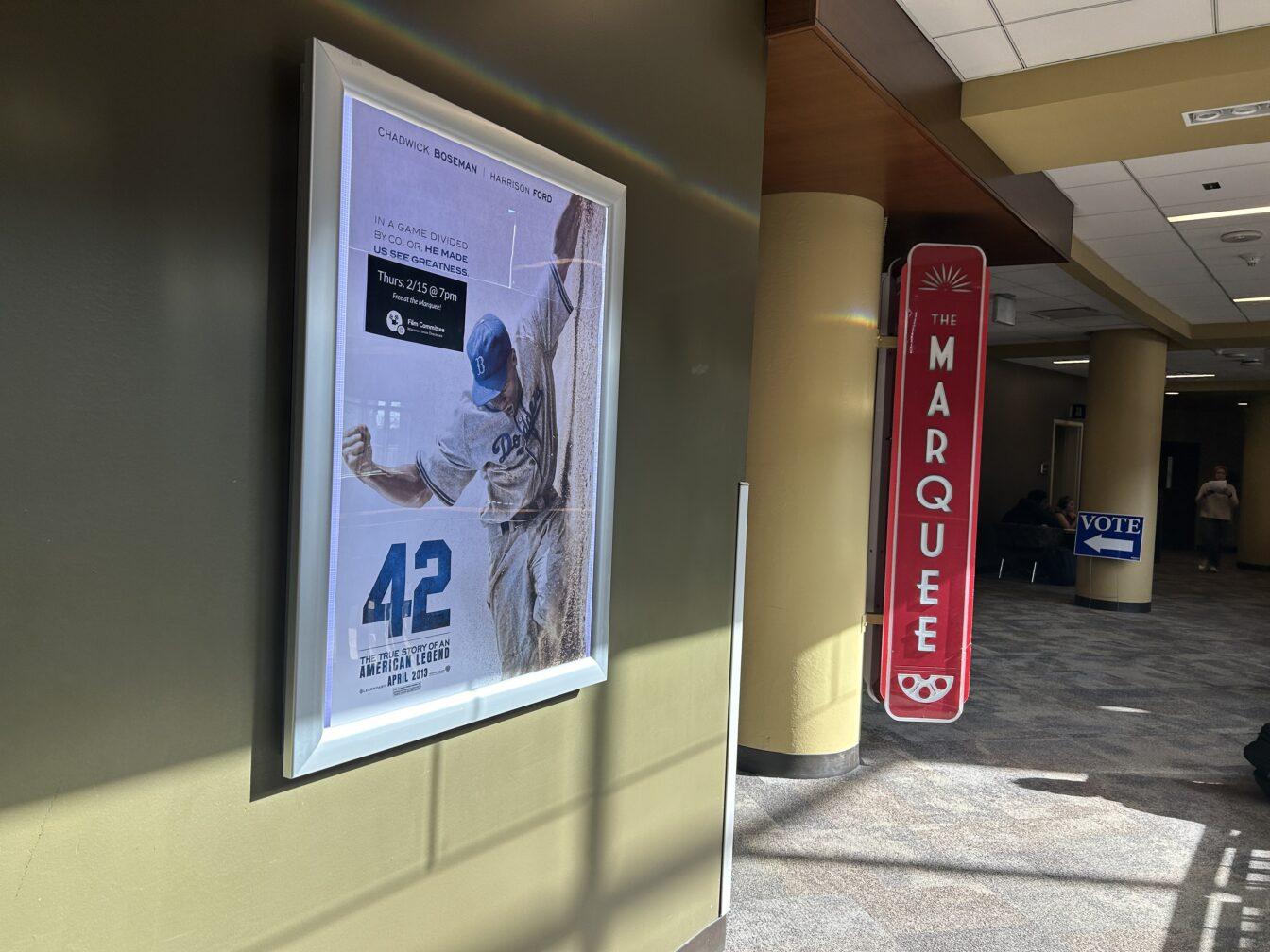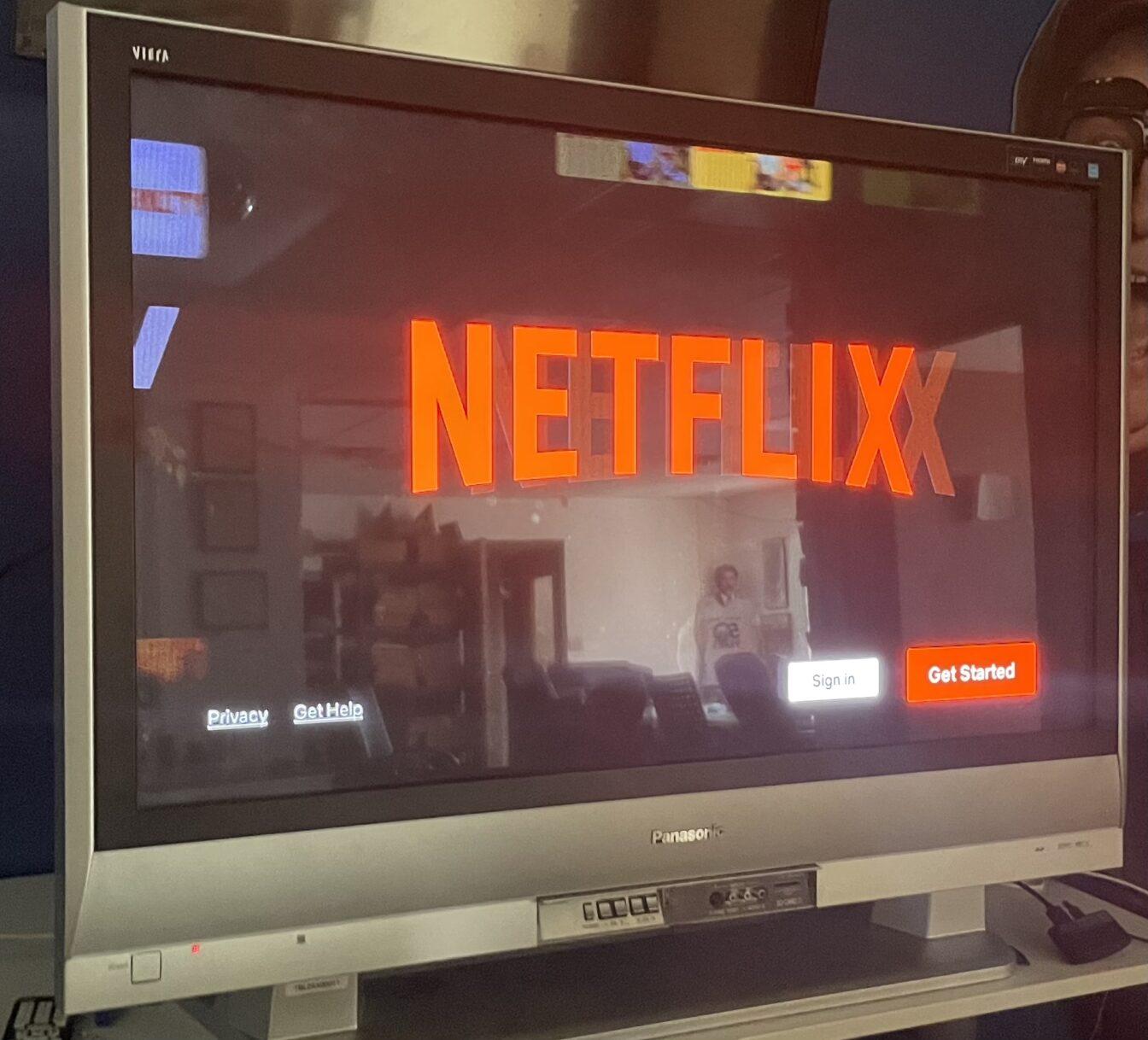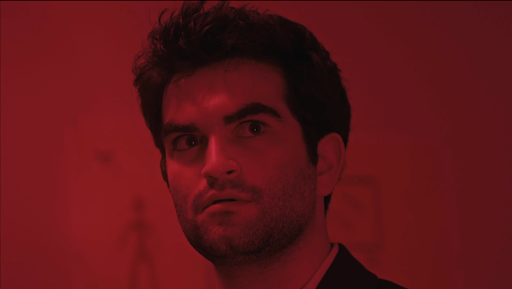Netflix’s latest documentary “Seaspiracy” exposes the detrimental effects of fishing on not only our oceans, but our entire planet.
Not only is it eye-opening, but in all honesty, it’s extremely depressing. The controversial documentary, directed and narrated by Ali Tabrizi, may just change the way you look at commercial fishing and seafood forever.
For those of you who have previously seen documentaries like “Food Inc.,” and were scarred by the monstrosity of the livestock industry, you can expect to see more of the same, but this time with the fishing industry. The show explores many of the harmful effects of commercial fishing, such as bycatch, plastic pollution, so called “sustainable fishing,” fish farms and even slavery.
The show begins in Taiji, Japan, a whaling town where for every single dolphin captured to be kept in captivity, 10 are killed as collateral. “Seaspiracy” points out that most of these dolphins are slaughtered due to the widespread belief by fishermen that dolphins are direct competition for fish.
This segues into the issue of bycatch, which is when marine species are unintentionally caught in the process of trying to catch another fish. The documentary highlights the fact that bycatch is often thrown back into the sea. Finally some good news! Right? No. These fish are usually dead, and help account for the 40% of fishing catches that are completely wasted or unused.
I know what you’re thinking. How could this get worse? It does. Shark bodies are also routinely thrown into the ocean after their fins have been cut off. The most dreadful part is that these shark fins supposedly don’t even taste that good and are largely just a status symbol.
The next part I believe is important to touch on is former shark attack survivor and interviewee Paul DeGelder. You know the fishing situation is bad when a guy who had an arm and a leg eaten by a shark tells you they should be saved. There’s really no argument against that.
Men’s Basketball: What if Netflix turned Badgers’ 2014-2015 season into version of ‘The Last Dance’
Think you’re in the clear because you eat “dolphin-safe” tuna? Nope. With loose requirements and little to no regulations, “dolphin-safe” tuna is really just a buzzword with no meaning. “Seaspiracy” notes the example of 45 dolphins being slaughtered to catch just eight bluefin tuna on a “dolphin safe” fishing boat.
In addition to the shocking implications for marine life and the Earth, perhaps the most stunning part of “Seaspiracy” is the segment on the use of slave labor in the commercial fishing industry. According to the film, it is so under the radar that it is truly unknown just how large the operation is, but the interviews conducted with men who had escaped slavery on these fishing boats is pretty damning evidence.
Overall, “Seaspiracy” is a hard but necessary watch. The documentary has countless alarming revelations, among them the claim that if things don’t rapidly change, the oceans will be empty by 2048.
No matter what your opinion after watching, it is undeniable that the producers really had a missed opportunity by not using the movie title “Conspira(sea).”








